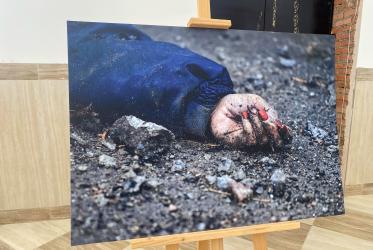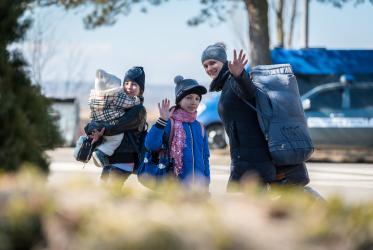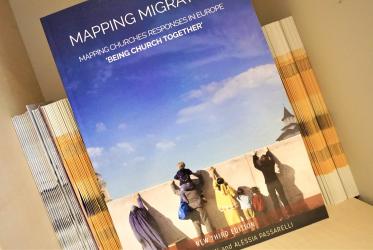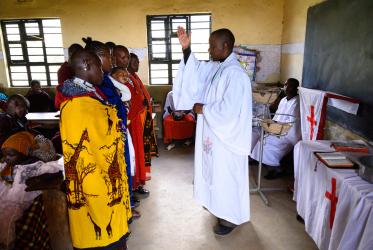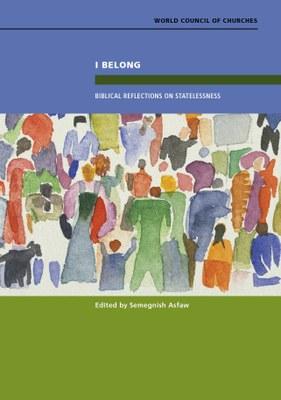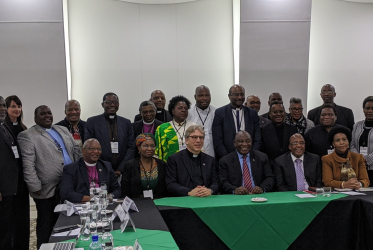Displaying 1 - 20 of 57
Tackling sexual violence in war
14 December 2023
Christians in Africa face increasing violent attacks, repression
23 December 2020
I Belong: Biblical Reflections on Statelessness
Biblical Reflections on Statelessness
12 October 2020
WCC delegation meets with South African President Ramaphosa
09 December 2019

